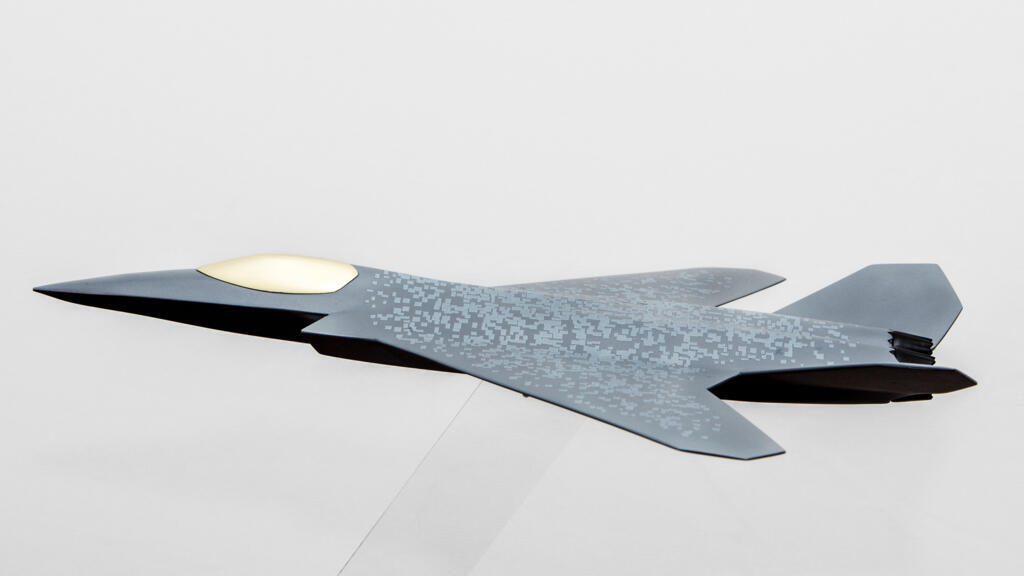
French President Emmanuel Macron has said France and Germany must maintain their resolve to keep working jointly on the European fighter jet programme.
Governments in Berlin and Paris have been aiming to enhance the continent's defence autonomy at a time of heightened tensions with Russia.
"Arms companies on both sides are claiming leadership," Macron said in an interview with the German daily newspaper Frankfurter Allgemeine Zeitung.
"It is therefore up to us to stay the course of what we consider to be in the general Franco-German interest and to continue working on joint solutions."
The Future Combat Air System programme – known by its French acronym Scaf – was launched in 2017 to replace France's Rafale jet and the Eurofighter planes used by Germany and Spain.
But the scheme, jointly developed by the three countries, has stalled as disagreements grow between France's Dassault Aviation and Airbus, which represents German and Spanish interests.
France warns it could go it alone as European fighter jet project stalls
'Necessary decisions'
Macron also said he and German Chancellor Friedrich Merz had requested their defence ministers conduct a review of the project by the end of the year.
"And it is on this basis that we will rule and take the necessary decisions," he added.
Both French and German executives said recently they can develop the fighter jet project without each other.
Last week, Dassault Aviation and a government official said that France was in a position to press on with the project alone should negotiations with Germany and Spain fail.
"I don't mind if the Germans are complaining," said Dassault Aviation chief Eric Trappier. "If they want to do it on their own, let them do it on their own."
Leaders in Berlin and Madrid have been exasperated by the position of Dassault, which has been vying for a main role in the project.
Air France, Airbus back in court over deadly 2009 Rio-Paris flight
France and Germany have also sought to jointly develop a next-generation battle tank equipped with artificial intelligence and laser technology.
But those plans have also faced delays amid rivalry between French and German industrial companies.
Macron said that both the fighter jet project and the advanced battle tank dubbed the Main Ground Combat System (MGCS) still meet the strategic needs of both countries.
"We knew from the outset that it would be very difficult, because competing manufacturers were forced to join forces for a project," Macron said.
"However, I am in favour of maximum integration, because we need to produce more, and we need to do so at the European level."
'Strategic ambiguity'
During the interview with the paper, Macron also said he would not rule out downing a Russian fighter jet if it were to breach European airspace without authorisation.
France and Germany weigh future of joint EU weapons projects
"In accordance with the doctrine of strategic ambiguity, I can tell you that nothing is ruled out," Macron told the paper.
After Russia was blamed for drone incursions into NATO members Poland and Romania, Macron last week said the alliance's response would have to go up a notch in the case of new provocations from Moscow.
On Wednesday, Macron revealed that France was investigating an EU-sanctioned, Russian-linked oil tanker anchored off the French coast for what he said were serious offences.
The Boracay, a Benin-flagged vessel, has been blacklisted by the European Union for being part of Russia's sanction-busting "shadow fleet".
According to the specialist website The Maritime Executive, the vessel is suspected of being involved in mystery drone flights that disrupted air traffic in Denmark in September.







